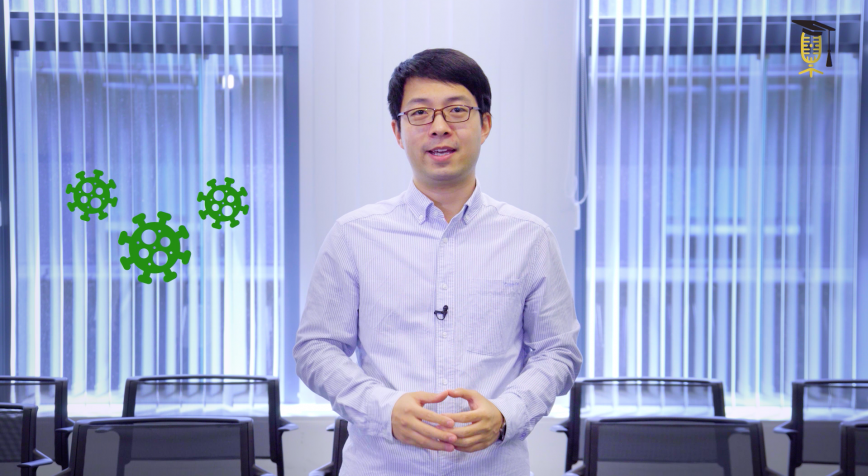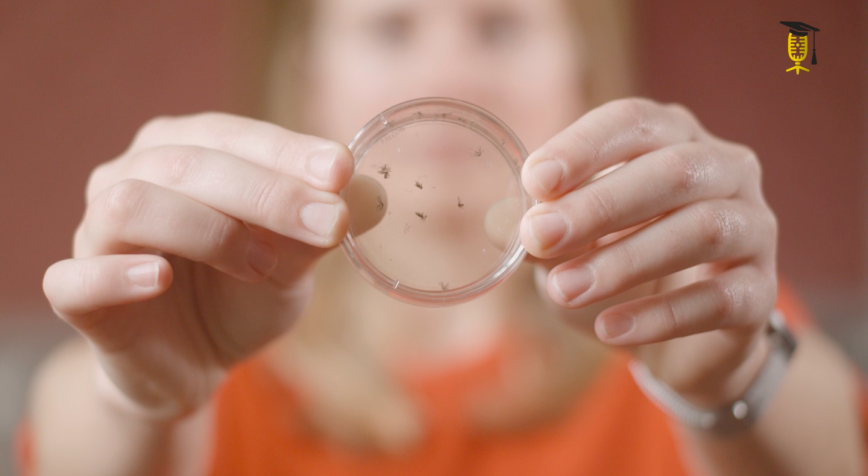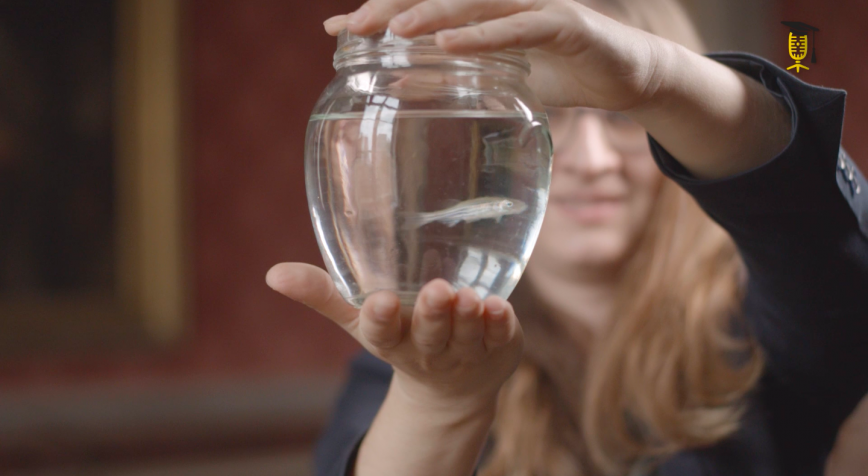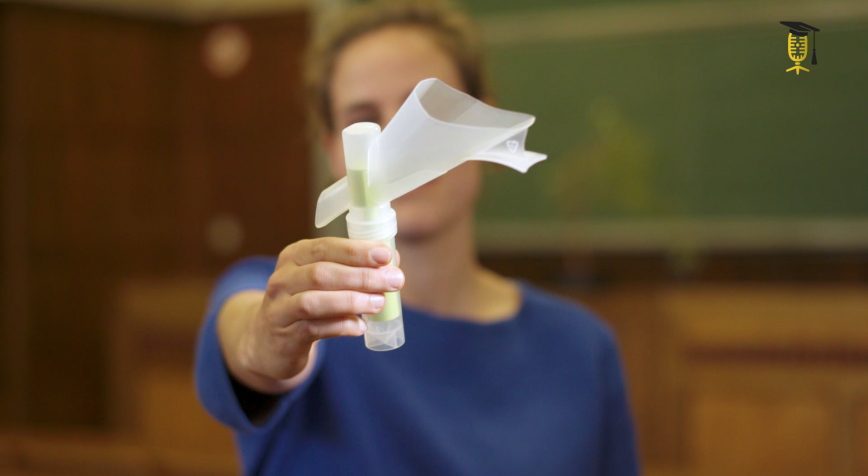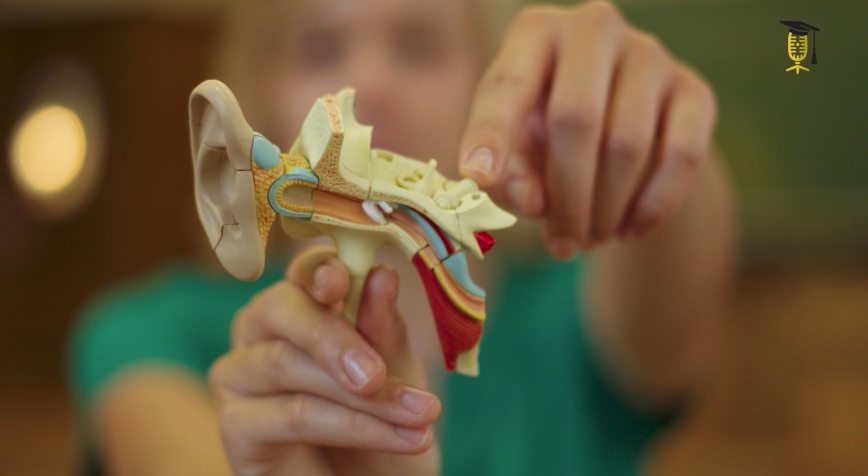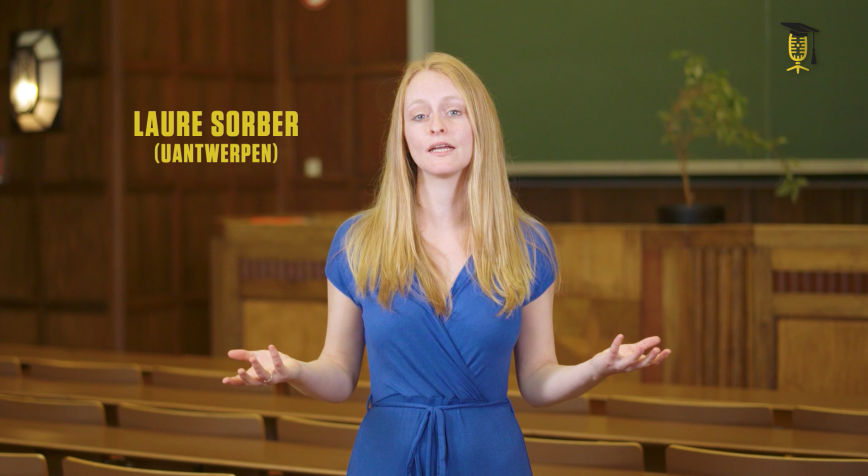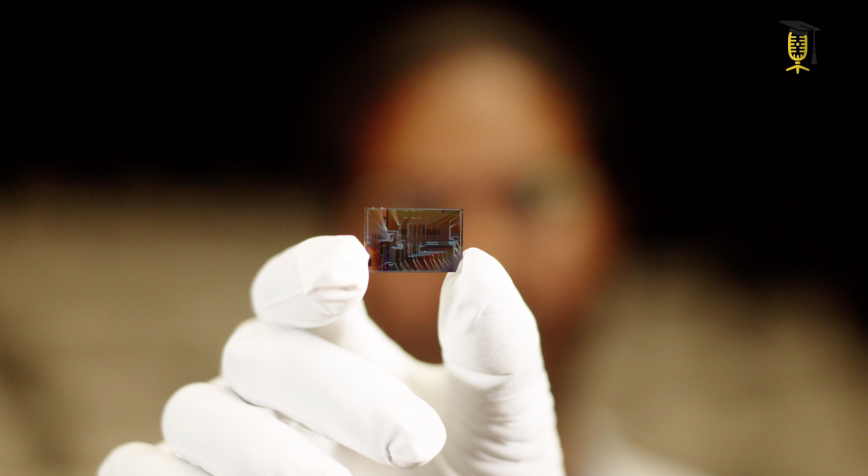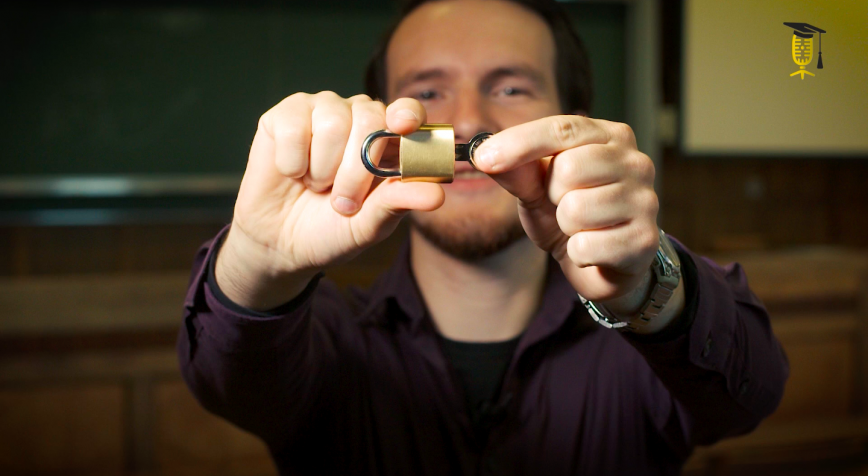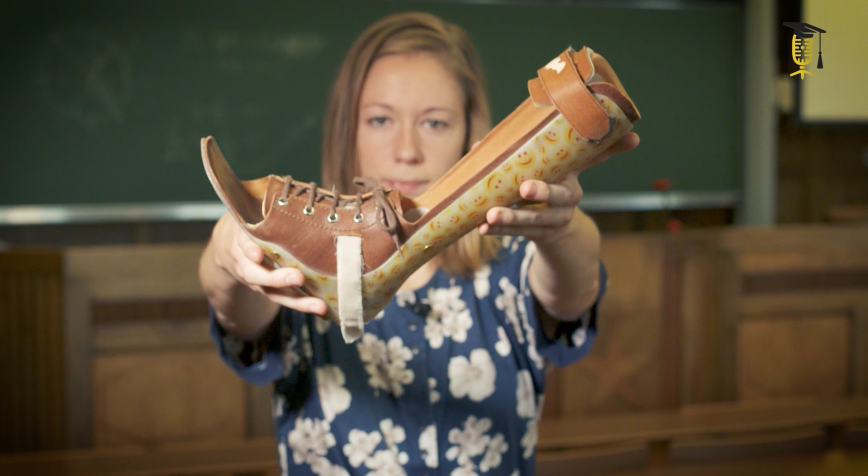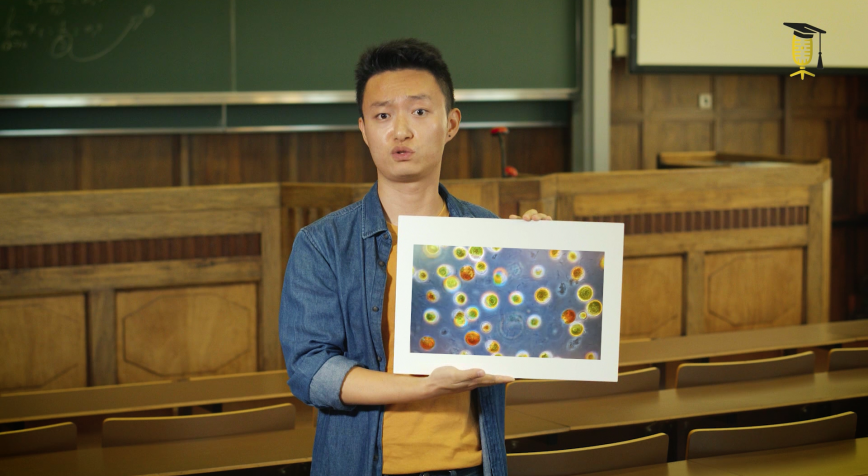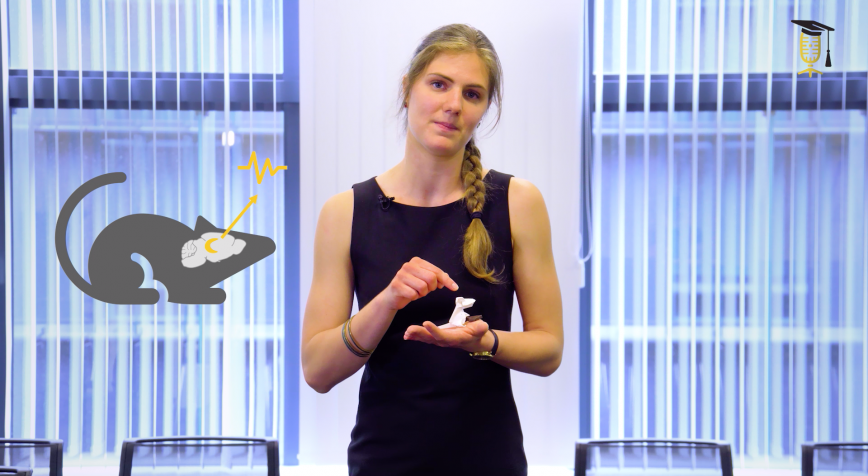
FWO
imec
KU Leuven
How does the brain create a memory?
To have a conversation and interact in a meaningful way, you have to be constantly aware of what has already been said. You have to remember the recent past. But how does that work? How does our brain create a memory? That's what Lies Deceuninck (Imec - KU Leuven) is researching.
